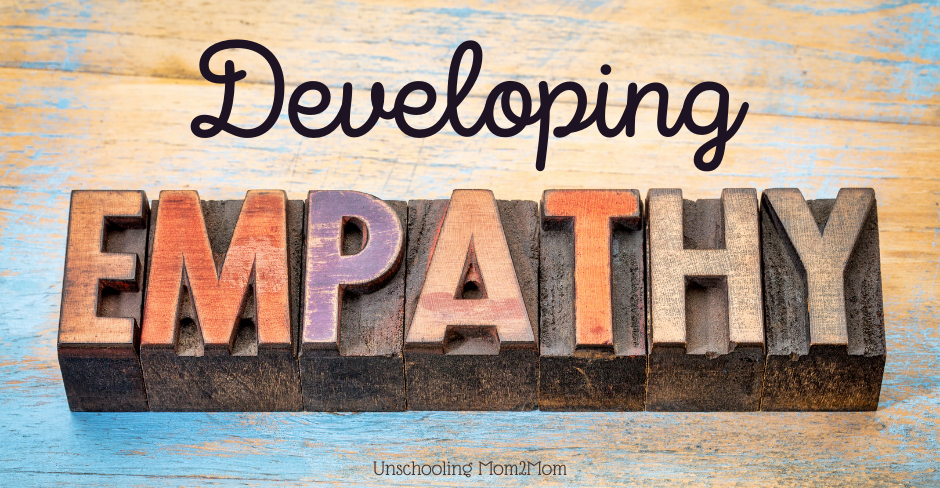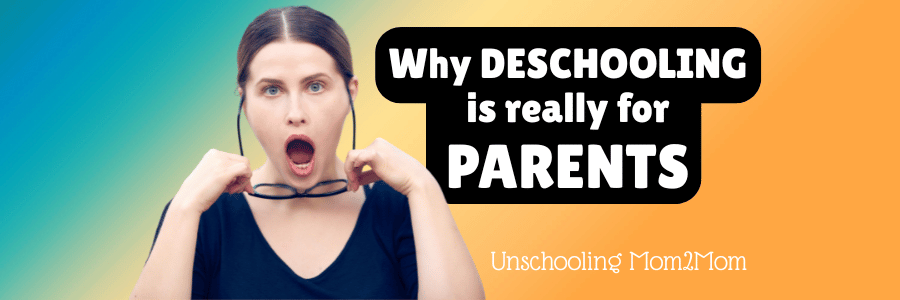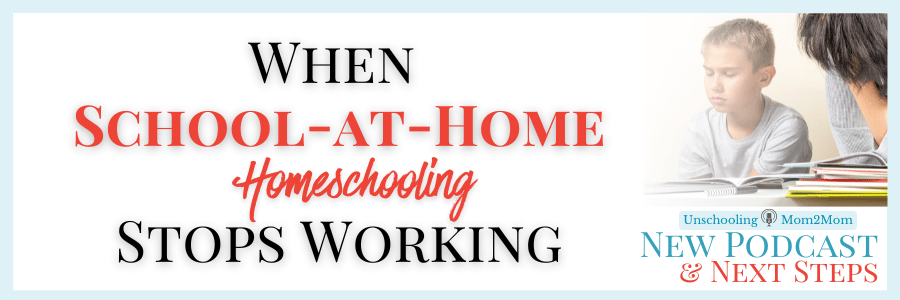Developing Empathy
I love lists! I've been gathering ideas of ways that parents can help children develop empathy. It was something I thought a lot about when my kids were growing up - and it's clear from their actions as young adults that they have, in fact, developed empathy. They show kindness in so many ways throughout their lives.
Maybe we need to share ideas - what would you add to my list?
Model Empathy - probably first and foremost. Do you talk about being kind? Even when someone is getting on your nerves? Or worse, being unkind to you? These open discussions show that we own the feelings, but pause enough to think who we want to be in a given situation. This plants the seeds for the kids to do the same.
Help them navigate - kids are going to make mistakes. Their brains are even working against them with an underdeveloped impulse control. Helping them see how to fix mistakes - without layering on judgement and shame will help a lot. Everyone wants someone to understand their perspective - especially the people who are supposed to love them the most! If we can pull our own ego out of these scenarios, it will help. (By this, I mean, are you worrying about how your child's choices are reflecting on you as a parent? Are they "making you look bad?" This would be coming from an ego perspective - not uncommon at all, but something you may want to work on.)
Conversations/Discussions about other situations we've witnessed - even in stories or movies. Talking about "How do you think that made them feel?" or even "Have you ever felt that way?" When we talk about scenarios that don't involve us/them, we minimize the chances of feeling defensive. Even when we're in the moment... your child can witness someone falling off their bike, or even just looking sad. It's a good time to whisper, "I wonder if you could help them out?" If you've had prior conversations about potential scenarios, they might hop right to the opportunity to be A Helper.
Be Your Best Self.
It's helpful to think about what that actually means. We can have conversations about traits we (and more importantly, the kids) admire and aspire to. It's important to recognize that sometimes we don't hit that bar. It may be because we're frightened (helping someone when they're being bullied) or we were caught off guard.
This is why it's helpful to discuss "What would you do if?" or
How can I be kind to someone who needs it?
Become a Better Listener. People just want to be heard, right? And when they're not heard, the relationship suffers, and the positive behaviors dwindle. You can't show empathy, if you're not listening. When kids are little, we do this with them. We help them put themselves in other people's shoes, so to speak, and they learn how to have empathy. As they get older, we can talk to them about the importance of listening and understanding a person ... before we jump in there to try to fix it all. (something separate to examine and talk about why some of us do this too quickly!)
SHOW that you care. Life can get busy and parents can get distracted. It's important for kids to hear how important they are to us. Little things like playing their favorite game with them, rubbing their shoulders as we're standing near them, or maybe shaping Rice Krispie Treats into Minecraft characters! Let kids know about thoughtful gestures or support you're giving to someone you know who could use it. When they see you doing this, they know it's not all talk.
When we can fill their cup, they'll be in a better position to fill someone else's.
Simple ideas:
Don't squash bugs if they aren't attacking you.
Visit an animal shelter.
Take care of a pet.
Do something kind for someone in a way that they'll never know it was you.
Give a water bottle (or a piece of fruit, a sandwich) to a homeless person.
Participate in local community service opportunities
Try any of the suggestions from Random Acts of Kindness
Suggestions from others:
Practice Metta Meditation
Wise for my Size
Good Reads: Books about Empathy
“Rarely can a response make something better. What makes something better is connection.”
~ Dr. Brené Brown
Brené Brown's Four Qualities of Empathy:
- Perspective taking The ability to take someone else's perspective and recognize their perspective as truth.
- Avoiding judgments. Judgments cloud clarity.
- Recognizing emotion in another person - this is hard because we have to tune into our own times we've felt this way too.
- Communicating and understanding. Connection above all.











